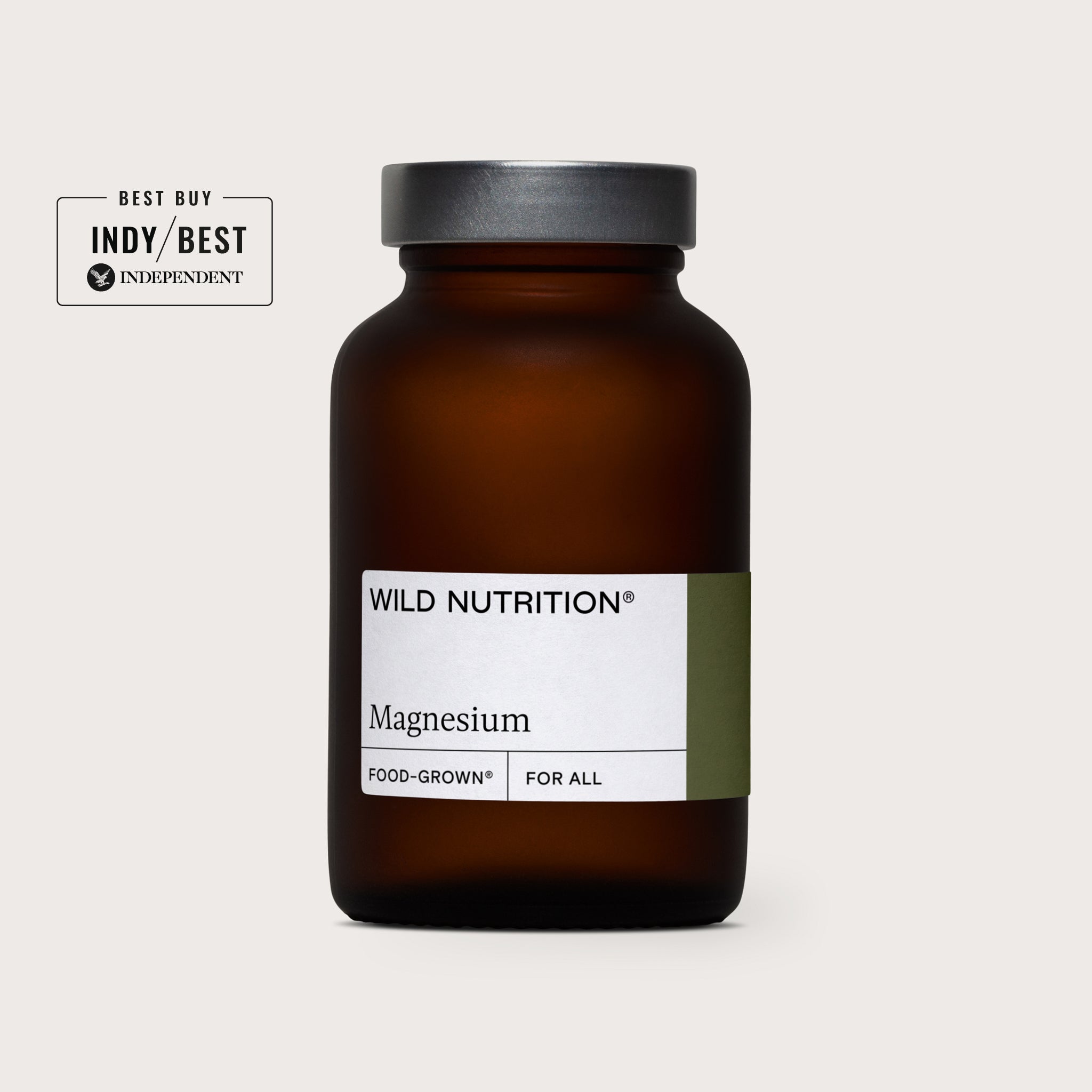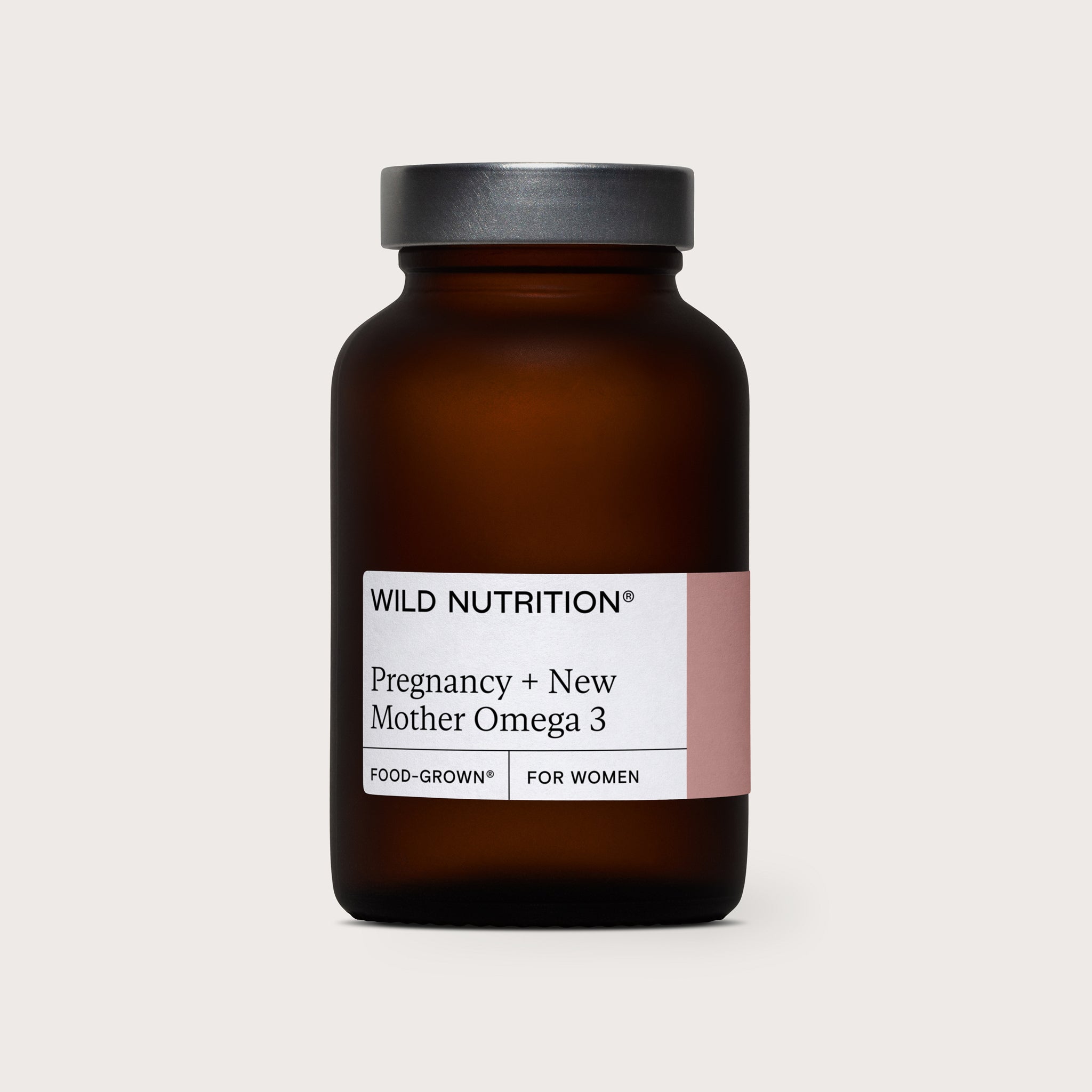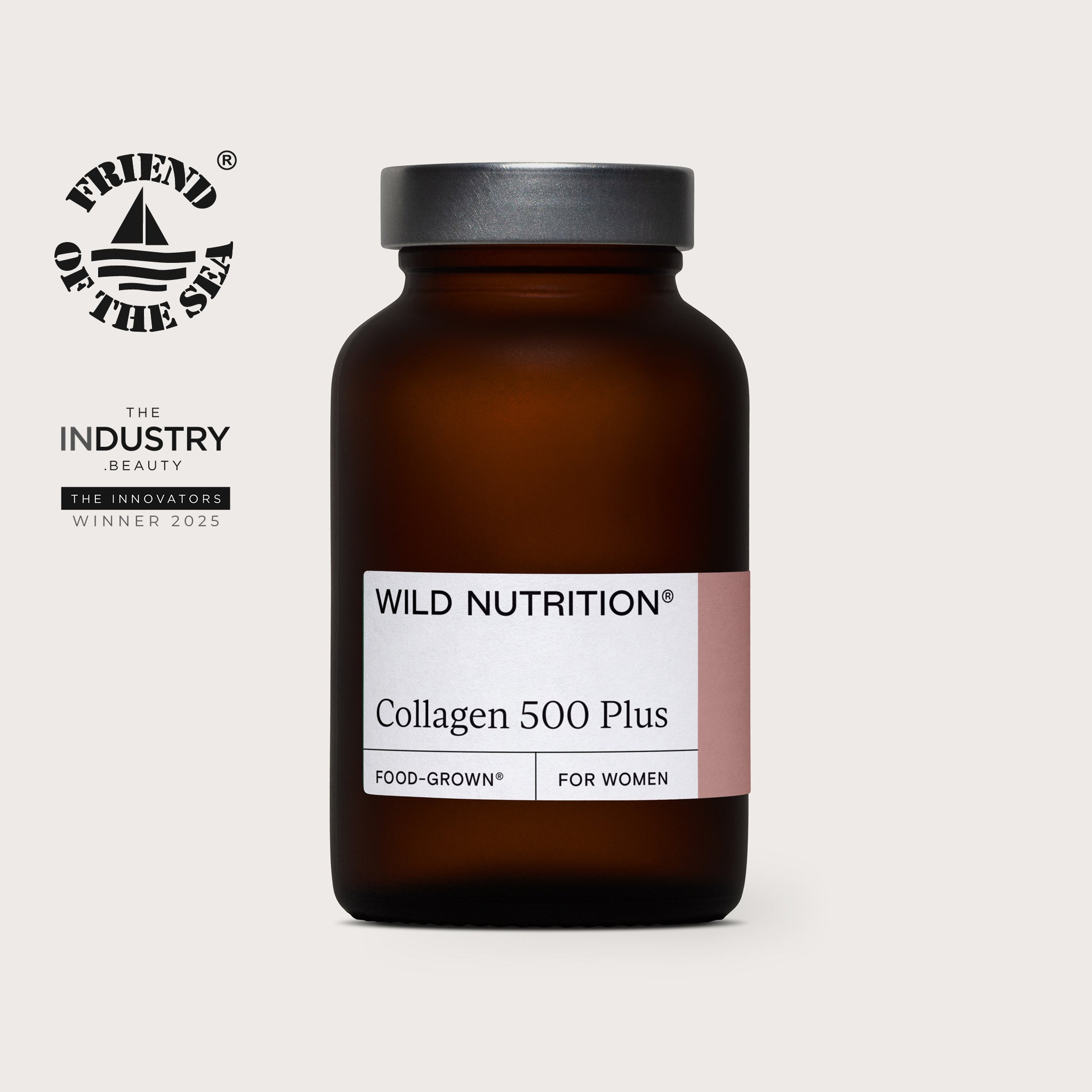
6 lifestyle tips to optimise fertility
Whether you are planning your first pregnancy or thinking about having another child, trying to conceive naturally or undergoing fertility treatment, the period of time before you conceive gives you a window of opportunity to evaluate your nutrition and general lifestyle.
Small changes to your diet can help you to optimise your ‘fertile’ ground and in Chapter One of my latest book Your Pregnancy Nutrition Guide I look at the food and lifestyle choices you and your partner can make to support a healthy conception. Here is a look at some of the factors to consider when optimising your fertility.
Fertility is a partnership
Very often fertility preparation is seen as the preserve of women. In fact, for half of couples globally who experience sub-fertility (i.e. they are less than normally fertile), it is the result of a factor on the male side (1).
If you and your partner know you want to conceive, it is recommended that both of you try to make some dietary and lifestyle changes three months ahead of that time. During these months, immature eggs, known as oocytes, mature enough to be released during ovulation and sperm cells develop before being ready for ejaculation. Eating a nutritious diet during this time can greatly influence the quality and efficiency of this process and give you an even greater opportunity to create a healthy pregnancy (2)(3)(4)(5).
Making dietary changes and improving nutrient stores may also help to correct factors that may be affecting your ability to conceive, such as a low sperm count in men or hormonal imbalances during the menstrual cycle in women, in addition to supporting egg quality.
It's important to remember that becoming as healthy as possible before you conceive is about nourishing your mind as well as your body.
Stress
Stress is not the preserve of the overworked, as often thought. Factors such as under-achieving, dissatisfaction with where you are in your life, and exercising too little or too much, are all potential ‘stressors’ to the body. Whatever the reason for your stress, following this nutritional advice can improve how well your body responds to stress.
When you are stressed, your body adopts a ‘fight-or-flight’ response. This triggers the release of stress hormones cortisol and adrenaline, which impact digestion, blood pressure, circulation and brain function and, over time, other areas of health such as hormone balance and nutrient levels.
Teaching yourself to relax, whether by doing yoga (see Chapter 13 in my Pregnancy book), massage, meditation or making small tweaks to your everyday routine, such as walking in your lunch hour or going to bed earlier, can provide opportunities to unwind. This is especially helpful during the fertility journey, but also during pregnancy and parenthood.
Ashwagandha is a wonderful herb to use when planning a pregnancy. It's been clinically proven to support mental well-being and reduce symptoms of heightened anxiety and stress.
Caffeine
Caffeine, especially in the form of coffee, has been shown to have a direct effect on fertility in some men and women. Although government guidelines suggest an intake of 200 mg of caffeine a day (the equivalent of two cups of instant coffee) is regarded as unharmful, studies have shown that drinking as little as one cup of coffee a day can decrease fertility and increase the risk of miscarriage by up to 50 percent. Caffeine has been found to adversely affect sperm count and motility, and increase sperm abnormalities.
As well as coffee, caffeine is found in tea and fizzy drinks. There is also research into other ingredients found in these drinks, such as the stimulant theobromine that is also present in decaffeinated versions. If you are trying to conceive, I recommend that you and your partner reduce your consumption of caffeine-containing and decaffeinated drinks including coffee, colas, diet colas, chocolate, and tea, with the exception of the occasional cup of coffee or tea.
Alcohol
Alcohol can affect both male and female fertility. The British Medical Journal reported that women who had fewer than five units of alcohol a week were twice as likely to become pregnant in a six-month period than those women who drank more than this. Current recommendations by the Food Standards Agency (FSA) suggest limiting alcohol intake altogether during the preconception period and, if you do drink, have no more than 1–2 units once a week.
In men, alcohol can affect sperm count, motility and quality. I recommend drinking fewer than six units per week. Additionally, alcohol can affect hormone balance, as well as reducing nutrient stores of key minerals for fertility, such as zinc.
There are times when a having a lovely glass of wine can be part of a balanced lifestyle – when you are celebrating a special occasion, for example, but my advice is to treat alcohol mindfully. Respect the research highlighted above and, when you do drink alcohol, never do so on an empty stomach – this can adversely affect how well your body responds to and metabolises the alcohol.
Environmental factors
Environmental exposure to toxins from pesticides and plastics has been shown to impact hormone balance and sperm production. The main culprit is a group of chemicals, called xenoestrogens, which have a similar structure to the natural hormone oestrogen and contribute to hormonal imbalance. One of the best ways to eliminate an excess intake of these in the months before you conceive is to eat organic produce, particularly grains, fruit and vegetables you do not peel such as berries and broccoli, as well as meat and dairy.
Toxic metals such as mercury and lead may also impact fertility in both men and women. These can be found in pesticides, heavy consumption of oily fish, and there is a small amount in amalgam dental fillings. Additionally, exposure to other chemicals and toxic metals found in cigarettes has also been shown to impact the healthy development of the unborn baby. This is the ideal time to find the support you need to give up smoking for both of you and your partner.
Medication can influence our nutrient levels too. For example, metformin, a drug given to people with Type 2 diabetes, can reduce stores of vitamin B12, the contraceptive pill can reduce vitamin B6 and healthy bacteria in the gut, and statin medication for high cholesterol reduces co-enzyme Q10 stores.
Good liver health: The engine room
The hormonal balance needed for fertility depends on good liver function. Aside from its daily task of detoxifying substances, such as caffeine and environmental toxins, the liver also chemically alters an excess of or used hormones. If this process does not happen effectively, hormonal imbalances can occur affecting fertility and other health concerns such as endometriosis, acne, premenstrual syndrome (PMS) and polycystic ovary syndrome (PCOS). Reach out to our team of registered nutritional therapists for advice on a gentle but effective liver-cleansing programme.
It’s my heartfelt belief that building a relationship with your baby can start before you conceive. Investing in and caring for your health during the preconception period will provide your baby with a nutrient-rich environment on which to thrive from day one of pregnancy. It is the window of opportunity for you to start building the nutrient reserves for your experience of a healthy pregnancy too, to minimise common pregnancy ailments and make pregnancy the enjoyable, blossoming journey that it can be.
For more on the dual nature of fertility and pregnancy nutrition, you can find tips in my book Your Pregnancy Nutrition Guide.
References:
1. Male infertility: https://pubmed.ncbi.nlm.nih.gov/33308486/
2. Anti-Inflammatory Diets in Fertility: An Evidence Review https://www.mdpi.com/2072-6643/14/19/3914
3. Adherence to the Mediterranean diet and IVF success rate among non-obese women attempting fertility https://pubmed.ncbi.nlm.nih.gov/29390148/
4. Assessing the influence of preconception diet on female fertility: a systematic scoping review of observational studies https://academic.oup.com/humupd/article/29/6/811/7226236
5.The Influence of Diet on Fertility and the Implications for Public Health Nutrition in the United States https://pmc.ncbi.nlm.nih.gov/articles/PMC6079277/












